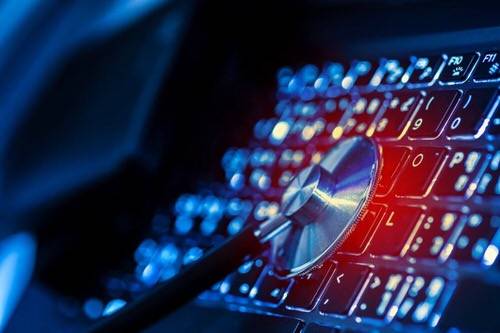Digital health solutions like diagnostic wearables are ushering in a revolution in medical specializations and the sharing of health information, according to a new study.
The report by Lux Research said that advances in the Internet of Things (IoT) will allow health systems of the future to use wearables and other digital technology to discover connections and common solutions between many diverse medical conditions.
“Digital health solutions will transform medicine, using data to help manage several conditions that on the surface may seem very different from one another,” said Noa Ghersin, lead author of Lux Research’s report, ‘A Byte a Day: How Digital Health Redraws Health Care and Uncovers Opportunities.’
IoT technology is among emerging digital technology that is enabling a unified approach to information sharing and diagnosis. This is creating synergies up to now unattainable by the current healthcare system which impedes knowledge sharing because it is structured in silos around specific illnesses.
“The ability to track and gain insight into new streams of information marks a pivotal shift in how clinical decisions will be made,” said Ghersin.
Cardiovascular health wearables already transformative
Cardiovascular care is one area where wearables are proving transformative in the healthcare system. Consumer wearable devices, some resembling simple band-aids, allow tracking of calorie intake, smoking habits and heart rate. There are even wearables capable of restoring normal heart rhythm by delivering an electrical shock.
The report also concluded that there is no fully mature diagnostic technology for any of the medical conditions examined in the study. This provides an opportunity for developers of new IoT diagnostic technology to capitalize on. Specifically wearable tech could replace current digital diagnostics that rely on mobile phone hardware to perform disease-specific analysis using non-specific data, such as images or sounds, for such illnesses as hearing loss, skin cancer and diarrhoeal disease,
Lux’s research created a framework that examined six major facets of digital health that found over 65 unique connections between 12 seemingly unrelated conditions with a wide range of symptoms, severity levels and causes.









